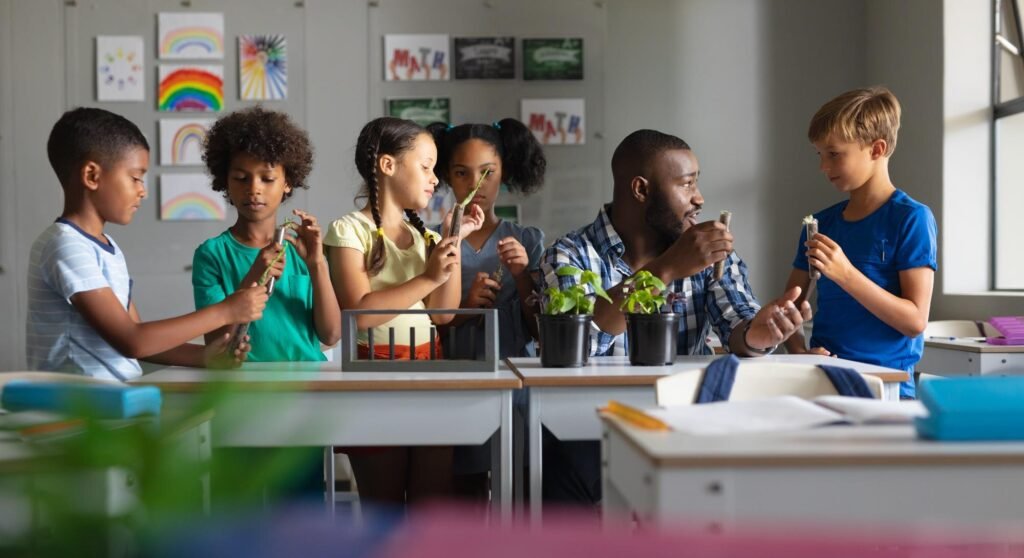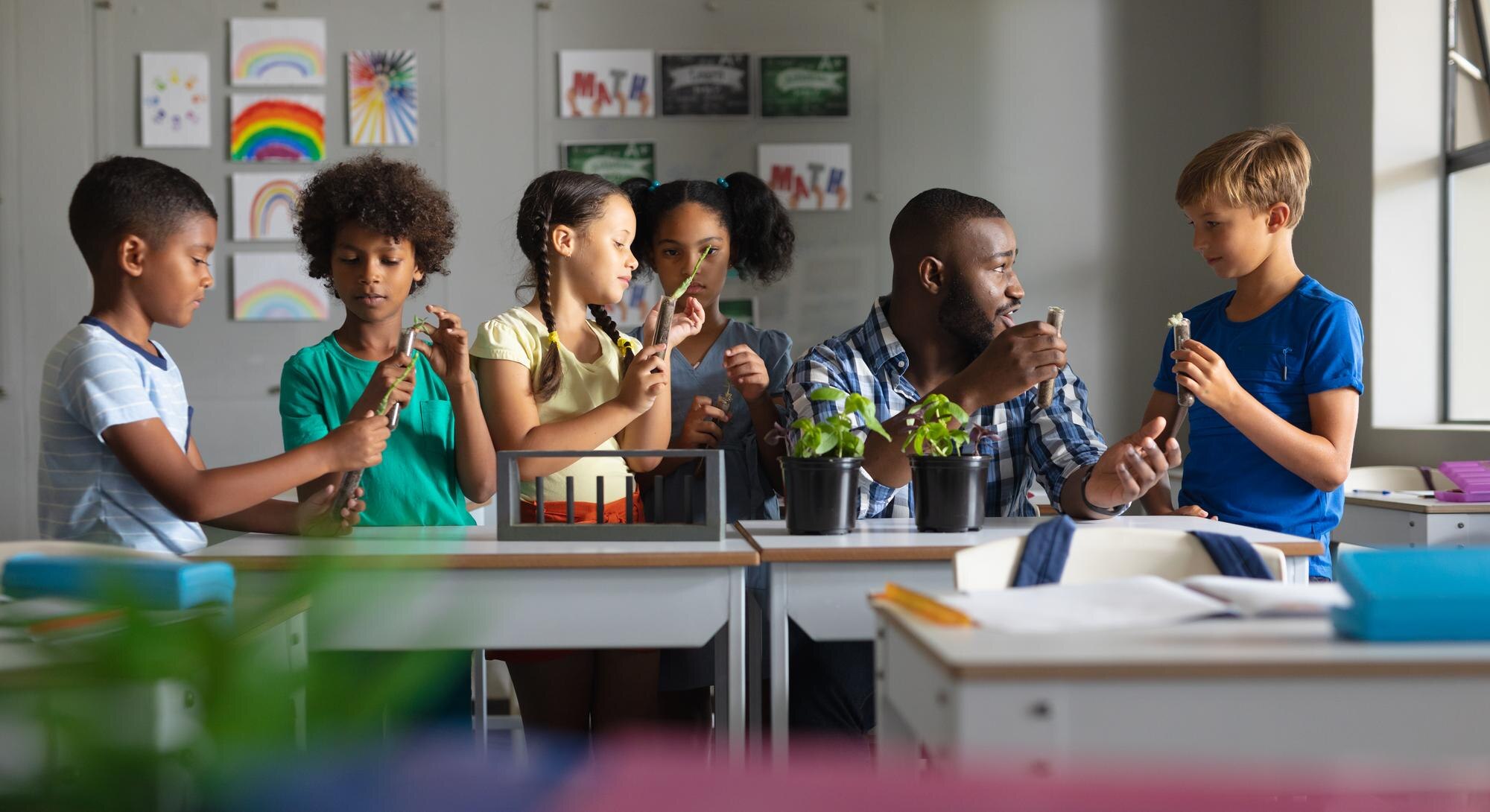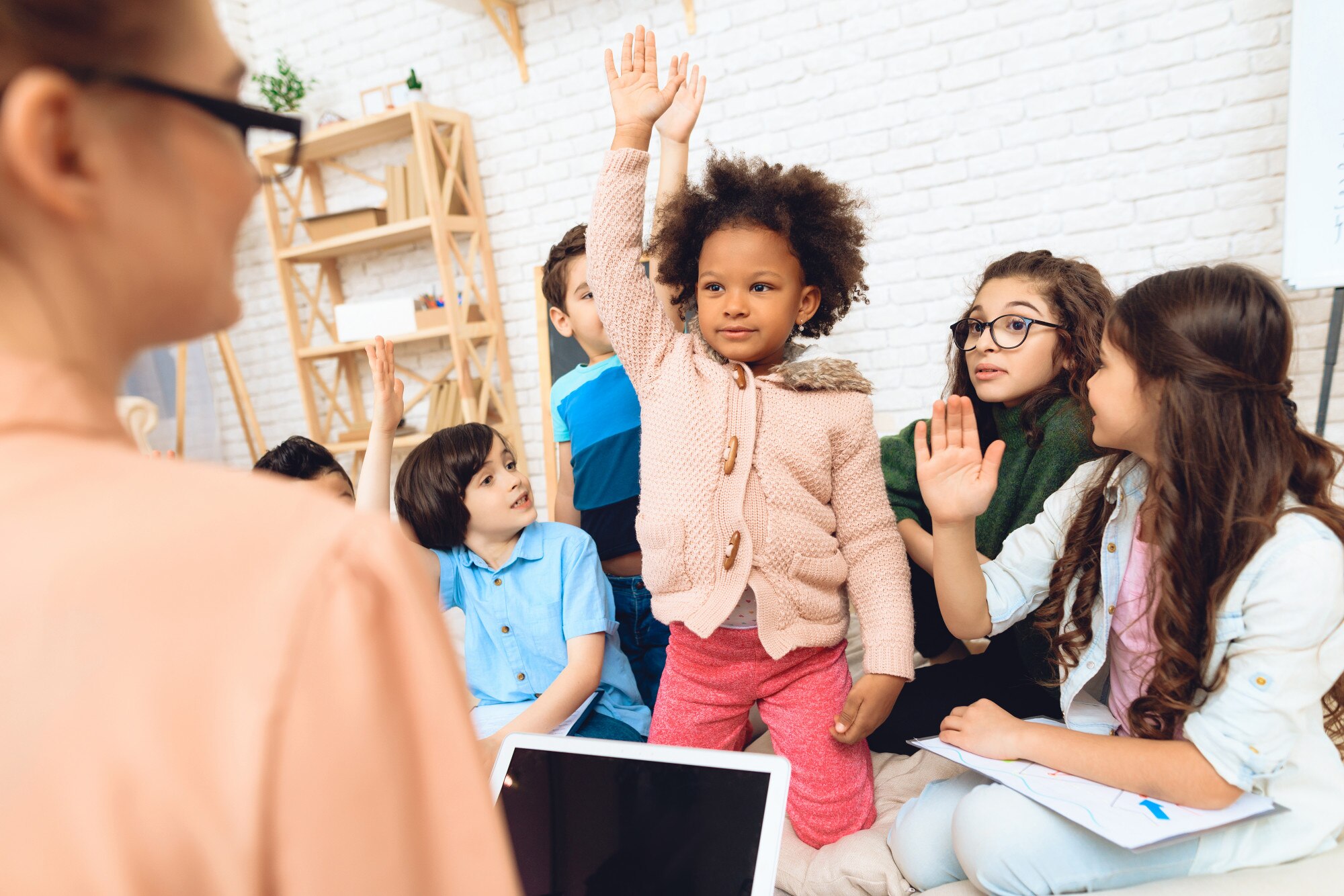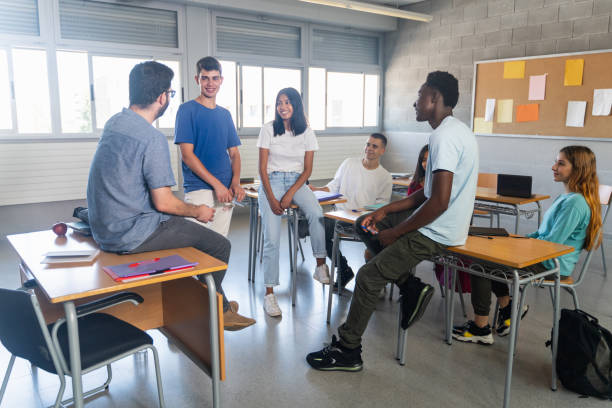
Empowerment in the Classroom: Top Strategies for Fostering Resilience and Confidence in Gifted Students
Gifted students face unique emotional challenges, often feeling misunderstood and overwhelmed. These bright minds need more than academic guidance—they crave emotional support and resilience-building strategies. As an educator, you hold the power to transform their experience, nurturing confidence and emotional wellness. In this post, you’ll uncover practical tools to empower your gifted students, fostering a classroom environment where they can truly thrive. Ready to make a difference? Let’s dive into the strategies that will help you become the mentor they need. Learn more about building resilience in gifted students here.## Building Emotional Resilience

Gifted students often face emotional hurdles that require careful navigation. Building emotional resilience is vital to help them manage their feelings and reactions. By creating supportive environments, educators can guide these students toward healthier emotional responses and increased self-awareness. Let’s explore how safe spaces and mindful reflection can play a crucial role.
Safe Spaces for Expression
Gifted students need a place where they feel safe to express their emotions and thoughts. Creating a safe space involves setting up an environment where students are encouraged to share without fear of judgment. Open dialogue and active listening are key components in fostering such an environment.
Establish trust: Begin by setting clear rules that promote respect and confidentiality within the classroom.
Encourage sharing: Use activities like group discussions or personal journals to help students articulate their thoughts.
Provide support: Be available to listen and offer guidance when students share their feelings.
Real-world examples show that when students feel heard, their emotional resilience improves. Schools implementing these techniques report a noticeable increase in student well-being.
For further insight, this article discusses how safe spaces contribute to emotional growth.
Encouraging Mindful Reflection
Mindful reflection helps gifted students understand their emotions and reactions. By encouraging them to reflect, they can gain valuable insights into their feelings and behaviors. This practice can be integrated into daily routines, providing ongoing benefits.
Daily reflection exercises: Encourage students to spend a few minutes each day reflecting on their emotions and experiences.
Guided meditations: Use short sessions to help students center their thoughts and reduce stress.
Journaling: Encourage writing about their feelings to enhance self-awareness.
Research highlights that students who practice mindfulness show improved emotional regulation. This blog offers strategies for implementing mindfulness in educational settings.
Boosting Student Confidence

Confidence is crucial for gifted students to reach their full potential. By celebrating individual strengths and fostering a growth mindset, educators can help students build self-assurance. Here’s how these strategies can be effectively employed.
Celebrating Individual Strengths
Recognizing and celebrating the unique strengths of each student boosts confidence. It involves acknowledging achievements, no matter how small, and highlighting individual talents.
Personal recognition: Offer personalized feedback that focuses on each student’s strengths.
Public acknowledgment: Showcase student work in class or school events to celebrate achievements.
Encouragement: Use specific praise to reinforce positive behaviors and accomplishments.
Studies show that students thrive when their strengths are recognized. For more on this approach, visit Genie Academy’s blog.
Encouraging Growth Mindset
A growth mindset empowers students to view challenges as opportunities for learning. Teaching this mindset involves helping students understand that effort leads to improvement.
Model resilience: Share stories of famous figures who overcame challenges through perseverance.
Promote learning from mistakes: Encourage students to view errors as a natural part of the learning process.
Set goals: Help students set achievable goals and celebrate small victories.
Research supports the positive impact of a growth mindset on student performance. The details are explored further at ESCCO.
Effective Educator Strategies

Educators play a pivotal role in enhancing the resilience and confidence of gifted students. By fostering peer support and providing personalized learning paths, teachers can create an environment conducive to personal development.
Fostering Peer Support
Peer support can greatly enhance the learning experience for gifted students. It encourages collaboration and the sharing of ideas, which can lead to improved understanding and empathy.
Group projects: Organize students into groups to work on projects together, allowing them to learn from one another.
Peer mentoring: Pair students with peers who can offer support and guidance.
Collaborative learning: Encourage students to teach each other, reinforcing their own understanding and building confidence.
Schools that emphasize peer support report higher levels of student engagement and satisfaction. This approach is further detailed in this article.
Personalized Learning Paths
Tailoring education to fit the needs of each student can significantly impact their growth. Personalized learning paths allow students to progress at their own pace, focusing on areas where they excel or need improvement.
Assess individual needs: Use assessments to identify each student’s strengths and weaknesses.
Develop tailored plans: Create individualized learning plans that cater to each student’s unique needs.
Monitor progress: Regularly review student progress and adjust plans as necessary.
The benefits of personalized learning paths are well-documented, with schools reporting improved student outcomes. For more information, refer to Gifted Challenges.
👉 Sign up for our newsletter to receive exclusive insights tailored for educators and families of gifted youth.

A certified Heal Your Life® Coach with 20+ years in education and emotional development. Supports gifted teens in navigating anxiety, perfectionism, and identity challenges, while equipping parents with practical tools for lasting transformation. Sessions blend emotional healing, mindset mastery, and strategic empowerment.



